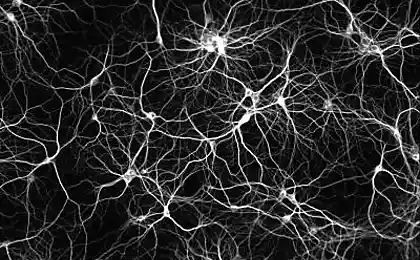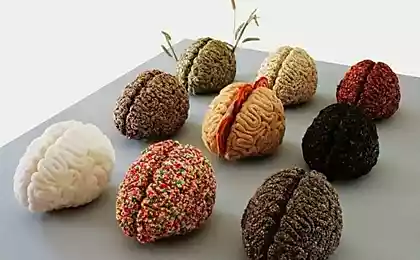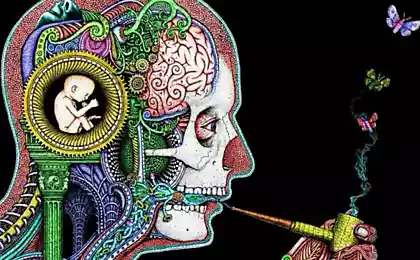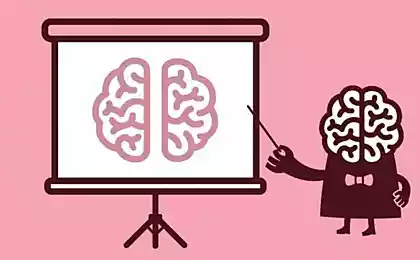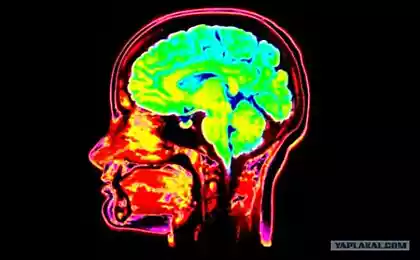125
The most obvious things that hurt your memory. Help the tired brain to work 100%!
Memory is our main reference point in the world. It makes each of us who we are. The possibilities of memory are amazing. Until the end of days we remember pictures of childhood, poems learned in school years, friends of youth.

But the process of memorization is so complex that it is still not fully understood and studied. Memory is imperfect and therefore vulnerable to certain destructive forces. These forces can affect any kind of memory: sensory, long-term, or short-term.
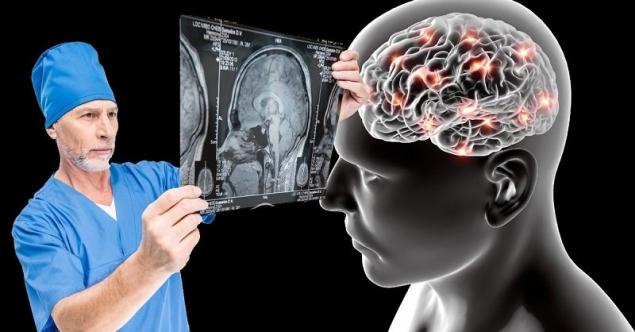
Below are some memory killers that can help the brain function and make the most of its potential.
The problem of memory preservation
Life is beautiful, and it is worth remembering your first kiss, first feelings, the first step of a child. By avoiding these memory killers, you will be sure that your most vivid memories will never be forgotten.
If you have more interesting thoughts about this, please write a comment and share a link with friends on social networks.

But the process of memorization is so complex that it is still not fully understood and studied. Memory is imperfect and therefore vulnerable to certain destructive forces. These forces can affect any kind of memory: sensory, long-term, or short-term.

Below are some memory killers that can help the brain function and make the most of its potential.
The problem of memory preservation
- Social media
Social media poses a hidden threat to our memory. This conclusion was reached by scientists. Now it has become customary to chat, watch videos on YouTub, and at the same time listen to music and post photos on your page in social networks.
This endless flow of information is like excess fat or sugar in the human body. Paradoxically, people who constantly read the news or watch videos are poorly oriented in these same areas. Constantly reviewing and reading huge amounts of information, they do not have time to think about it. - Carbonated water
Soda abuse can cause memory problems as well as reduce brain volume. The study was published in the journals Stroke and Alzheimer’s & Dementia.
People who consume diet soda every day are three times more likely to suffer strokes and dementia than those who do not drink it at all. It is noted that the reasons why diet drinks negatively affect the brain are not yet clear, but researchers attribute this to the deterioration of blood circulation. - Excess sugar
It is believed that for workers of intellectual labor sweet is useful in unlimited quantities. This is a very common myth. Glucose is indispensable for the nutrition of the brain, but the daily rate of sugar intake varies between 35-50 grams.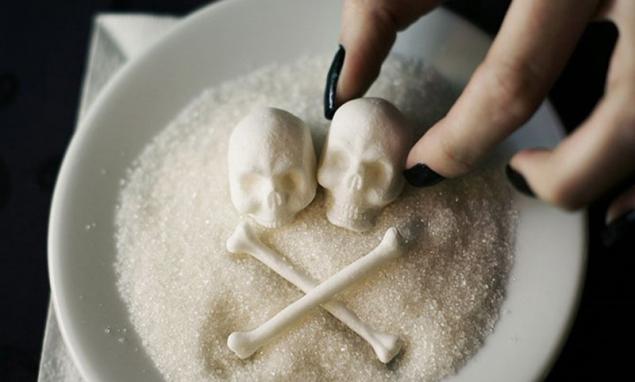
Excessive consumption of sugar It reduces cognitive functions of the brain and its ability to form new memories. Sugar reduces the production of the memory hormone BDNF (brain neurotrophic factor). - Smoking
Several studies have shown that a large percentage of smokers, especially middle-aged and older adults, experience a decline in both memory and overall cognitive abilities.
After 43 years, smokers have a sharp decrease in verbal memory (memory of information verbally). In addition, this bad habit increases the risk of Alzheimer's twice. - Lack of sleep
Lack of sleep Poorly affects memory, learning and productivity. Memory and the brain as a whole are affected not only by the quantity but also by the quality of sleep.
For example, the important hormone melatonin is produced only in sleep, in complete darkness, and the peak of production occurs between 23:00 and 03:00.
Systematic sleep deprivation can worsen overall health, stimulate cardiovascular problems, high blood pressure, diabetes, and obesity. - Cloudy weather
A lack of “sunshine” vitamin D leads to a decrease in cognitive abilities. This is felt by many Russians living in regions where in October the sun seems to turn off, and the sky is covered with gray haze until April. Keep this in mind when choosing multivitamin complexes.
- Caffeine
As the saying goes, “In a drop is medicine, in a cup is poison.” With long-suffering coffee, the public's view of which is swirling like a weather vane, it really is.
Within reasonable limits (up to 5 cups a day), it sharpens attention and learning, and when used beyond measure increases the heart rate and causes a feeling of anxiety (which has a bad effect on mental acuity). - Loud music
Austrian scientists have discovered a pattern between the habit of listening to music at full volume and memory disorders. The body perceives a loud sound as a danger.
Because of this, adrenaline and corticosteroids (hormones that are released in stressful situations), as well as sugar (energy to escape the threat), begin to be produced. This involves the supply of glucose in the brain, which leads to a decrease in activity in those parts of it that are responsible for memory. - Bad fats
Abuse of saturated and unsaturated fats (trans fats) leads to the accumulation of “bad” cholesterol in the body. This threatens atherosclerosis of the brain - cholesterol plaques interfere with blood supply and normal brain activity.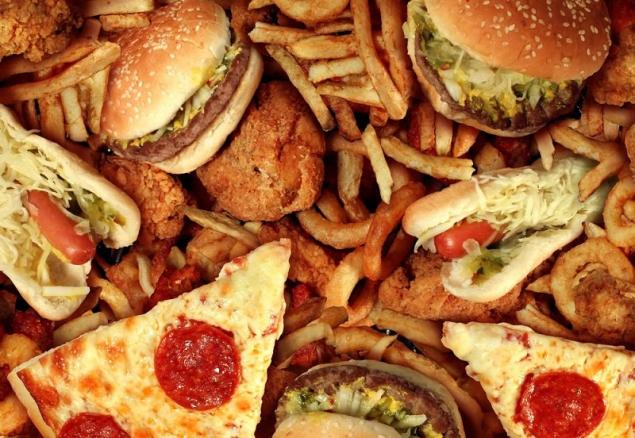
Instead of these fats, include polyunsaturated (walnuts, fish, soy, tofu) and monounsaturated fats (avocados, olives, olive, sunflower or sesame oil). - Alcohol
The main danger in alcohol is ethanol, which poisons the body and disrupts the hippocampus. Episodic drinking allows the body to cleanse itself of its toxic effects, but with systemic use, memory degrades.
Life is beautiful, and it is worth remembering your first kiss, first feelings, the first step of a child. By avoiding these memory killers, you will be sure that your most vivid memories will never be forgotten.
If you have more interesting thoughts about this, please write a comment and share a link with friends on social networks.
























